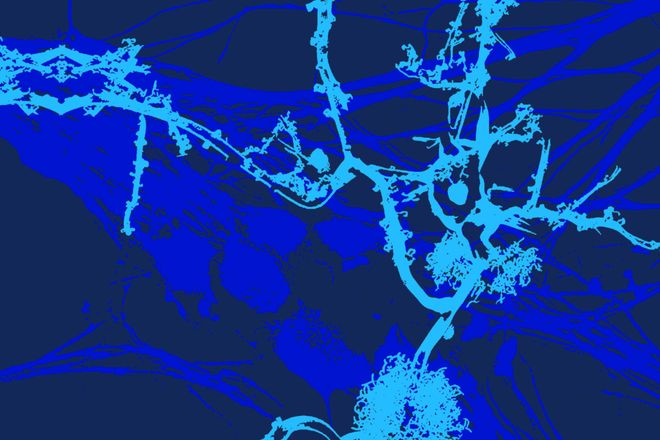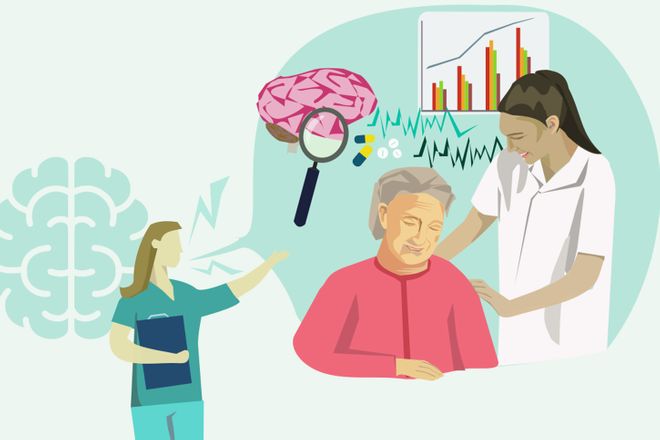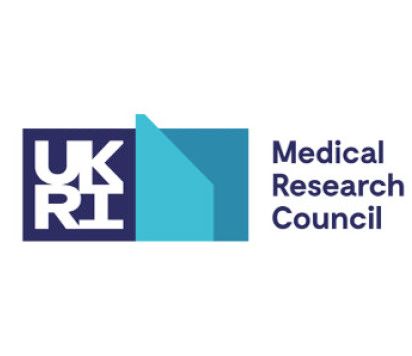Seminar series
Guest lectures and seminars
- Perivascular cells drive microglial appetite in Alzheimer’s disease mouse models
- Reflections on CNS inflammation and NGF deregulation in the Alzheimer’s pathology
- High-throughput approaches for studying single cells and molecules: Droplet Genomics
- Developing approaches to explore proteome complexity in the human brain
- Investigating Brain Disorders: from patients to model organisms & beyond
- Brain Disorders in 3D Genome
- Decoding of gene regulatory networks underlying human microglia maturation
- How to best position a manuscript for acceptance
Perivascular cells drive microglial appetite in Alzheimer’s disease mouse models
Monday 9th of October
Sebastian De Schepper is a biomedical scientist trained in Belgium, Singapore and now UK since 2018. He joined the laboratory of Dr. Soyon Hong as a postdoctoral scientist to study how different cellular components of the immune system contribute to health and disease, and how defective functioning of these cells potentially lead to neurodegeneration.
Reflections on CNS inflammation and NGF deregulation in the Alzheimer’s pathology
Professor Claudio Cuello, McGill University
Tuesday 18 September 2023
Claudio Cuello is a Highly Cited Scientist (ISI, USA) who made pioneering discoveries in Neurosciences and Neuropharmacology, such as the discovery of neurotransmitters release by dendrites, the identification of novel neuroactive peptides in the central nervous system in experimental animals and in the human brain. He has discovered new aspects of the preclinical Alzheimer’s disease pathology, including a trophic factor deficiency by the deregulation of an NGF metabolic brain pathway discovered by his lab. He introduced the application of monoclonal antibodies in the Neurosciences and co-developed “bi-specific” monoclonal antibodies.
Dr. Cuello currently leads a research team working on multidisciplinary aspects of aging, models of Alzheimer’s disease neuropathology, degeneration and repair of the CNS. He has contributed to his field of research with pioneering publications on dendritic release of neurotransmitters, novel applications of monoclonal antibodies in the neurosciences, the localization and role of central and peripheral neuropeptides, trophic factor-induced repair and synaptogenesis and recently the discovery of a brain NGF metabolic pathway deregulated in the Alzheimer’s pathology.
High-throughput approaches for studying single cells and molecules: Droplet Genomics
Tuesday 7 March 2023
The Onyx and Styx systems are designed to make implementation and development of droplet microfluidics simple. For those who are not familiar with droplet microfluidics, it is a technology that enables the creation of tiny droplets, each containing a single cell or molecule, for various applications such as single-cell genomics, drug screening, and synthetic biology.
Many biologists will already be familiar with droplet microfluidics, as it is implemented in the 10xGenomics single cell RNA-seq kits. The Droplet Genomics system allows similar protocols to be implemented, but in a more customizable and much cheaper manner. The system also enables exciting applications for drug and antibody screening, functional assays, and synthetic biology.
We are hoping to soon purchase the Onyx and Styx system and will be aiming to setup a multi-user facility on the White City campus for all interested users. This will allow us to make the technology accessible to a wider range of researchers and to facilitate innovative research projects.
We invite you to attend the seminar and demo to learn more about this exciting technology and its potential applications.
“Developing approaches to explore proteome complexity in the human brain” - Dr Becky Carlyle, University of Oxford
Thursday 8 February 2023
Abstract: Dr. Carlyle is an Alzheimer’s Research UK Senior Research Fellow and Departmental Research Lecturer in the Department of Physiology, Anatomy & Genetics at the University of Oxford. She received her PhD from the University of Edinburgh, where she studied the mental illness risk gene, Disrupted in Schizophrenia 1 (DISC1). Following her PhD she moved to the USA, where she spent seven years in the Yale Department of Molecular Psychiatry, working on a range of projects including the first mass-spectrometry proteomic assay of multiple human brain regions, establishing the aged rhesus macaque as a model of early Alzheimer's Disease, and developing cell-type specific techniques for measuring protein translation rates. In 2017 she joined Massachusetts General Hospital and Harvard Medical School Department of Neurology, and used proteomic techniques to identify novel tissue and biofluid markers of Alzheimer's Disease and related disorders. She returned to the UK to start her own lab in late 2022, and will focus on developing methods to increase our understanding of proteome complexity in neuronal resilience to Alzheimer’s Disease pathology.
“Investigating Brain Disorders: from patients to model organisms and beyond” - Dr Angeliki Louvi, Yale School of Medicine.
Monday 31 October 2022
Abstract: We apply developmental biological concepts and methodologies to gain mechanistic insight into the etiology of human brain disorders. We conduct molecular, cell biological, phenotypic, and gene expression analyses of transgenic animal and human stem cell models to study genes implicated in cerebral cavernous malformations, common lesions of the central nervous system that can cause seizures, focal neurological deficits, or haemorrhagic stroke. Our ultimate goal is to develop rational and mechanism-based therapeutic approaches.
Host: Vasso Episkopou
"Brain Disorders in 3D Genome" - Hyejung Won, UNC
Monday 3rd October 2022
Level 7, Room 727, Sir Michael Uren Hub, White City Campus
Abstract: Genome-wide association studies (GWAS) successfully identified more than a hundred genomic regions that contribute to schizophrenia risk. However, extracting biological mechanisms from GWAS is a challenge, because the majority of common risk variants reside in noncoding regions of the genome. In this talk, I will outline how high-resolution 3D maps of chromatin contacts in the human brain permit large-scale annotation of non-coding variants. In particular, I will introduce a novel platform that my lab has developed, Hi-C-coupled MAGMA (H-MAGMA), that annotates GWAS by incorporating chromatin interaction profiles from human brain tissue. While H-MAGMA identified neurobiologically relevant target genes for psychiatric disorders, application of H-MAGMA to schizophrenia GWAS identified thousands of genes to be associated with schizophrenia, necessitating the need for refining variants. To this end, we performed a massively parallel reporter assay (MPRA) on schizophrenia risk variants, from which we detected 440 variants with allelic regulatory activity. Characterization of these functional regulatory variants provided previously unknown regulatory principles of schizophrenia.
"Decoding of gene regulatory networks underlying human microglia maturation" - Claudia Han, UC San Diego
Tuesday 21 September 2022
Abstract: Microglia, as the resident macrophages of the brain, engage in a variety of processes essential for brain development and homeostasis. In the human brain, microglia infiltrate the fetal brain as early as the fourth gestational week with microglia colonization of the brain preceding waves of neuro-, astro-, and oligodendro-genesis, myelination, etc, suggesting an ever-evolving environmental milieu that can influence cellular phenotypes. Many lines of evidence indicate that mis-regulation of microglia functions contributes to the pathogenesis of neurodegenerative diseases and in neurodevelopment disorders. Here, utilization of both bulk and single-cell assessment of gene expression and open chromatin profiles between human fetal and postnatal microglia reveal that changing brain environmental signals have a significant impact on the maturing transcriptome and predicted gene regulatory network of human microglia during development. Additionally, development of a new computational approach that integrates epigenomic and single-cell RNA-seq data allows the decoding of cellular heterogeneity with inference of subtype- and development stage-specific transcriptional regulators. Lastly, our collective data integrated with existing iPSC-microglia models provide a roadmap for the interrogation of human fetal and postnatal microglia phenotypes in the future.
‘How to best position a manuscript for acceptance’ - Presentation by Dr Karli Montague-Cardoso
Wolfson Lecture Theatre 3
Friday 9th September 2022
We are delighted to welcome Dr Karli Montague-Cardoso, who is a Neuroscience Editor with the Nature Portfolio. Karli initially spent 15 years in academia. Her PhD at the Institute of Neurology, UCL focused on identifying therapeutic targets for Motor Neuron Disease. During her postdoctoral work at King's College London, she initially focused on cranial nerve development before turning her attention to neuroimmune signalling in chronic pain. Karli initially started as a Neuroscience Editor for Communications Biology in October 2020 before spending some time at Nature Neuroscience, where she handled neuroimmunology and neurodegeneration papers. She will shortly be moving back to Communications Biology where she will be taking up the position as their Deputy Editor. Karli is also the Consulting Editor for neurology and mental health submissions to Communications Medicine, and Advisory Editor for NPJ Aging as well as lead for the Nature Portfolio neuroscience editorial community.
Karli will be talking to us about the Nature Portfolio and providing us with tips for how to best position a manuscript to maximise chances of acceptance.



